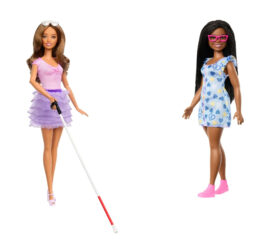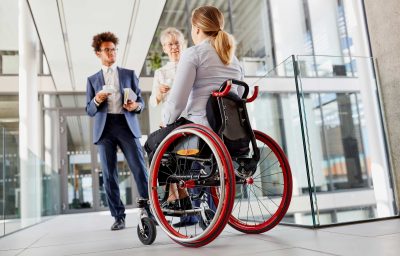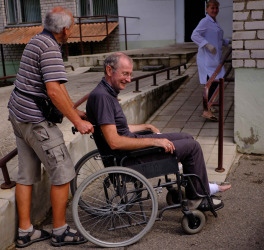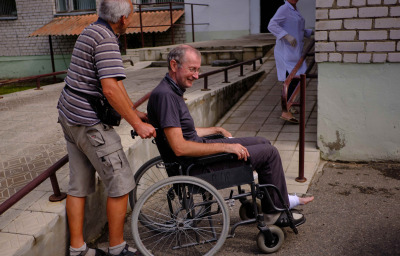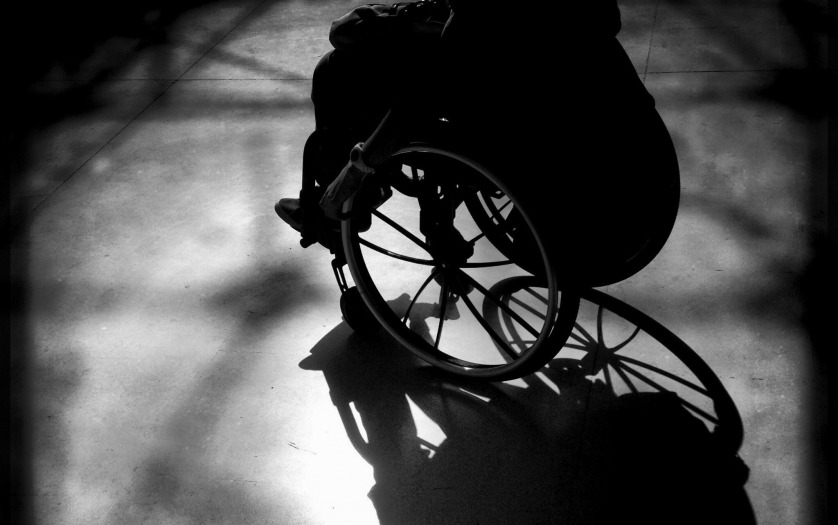
The Royal Commission has today released an Overview of responses to the Experiences of culturally and linguistically diverse persons with disabilities Issues Paper.
The issues paper was released on 9 March 2021 and invited the public to share information with the Royal Commission to help us better understand violence against, and abuse, neglect, and exploitation of, people with disability from culturally and linguistically diverse backgrounds. In particular, the Royal Commission was seeking to better understand how to improve responses to such behaviour when it occurs.
The Royal Commission was told that people with disability from culturally and linguistically diverse backgrounds face a number of difficulties accessing vital mainstream services including the National Disability Insurance Scheme (NDIS).
According to the responses, people from culturally and linguistically diverse backgrounds with a disability have trouble accessing:
- legal services, including courts and police
- health services, including hospitals and GPs
- education
- employment services, and
- migration services.
Respondents have told the Royal Commission that culturally and linguistically diverse people with disability have problems engaging with these services due to negative attitudes and discrimination, a lack of awareness of services, a lack of trust in services or a lack of access to information.
The Royal Commission heard that there is a lack of culturally safe and appropriate services and supports available. For example, culturally and linguistically diverse people with disability may not be able to choose the type of professional interpreter they want (male/female or face-to-face/telephone interpreter).
A number of respondents told the Royal Commission that negative attitudes towards disability within multicultural communities may lead to adverse outcomes including differential treatment, isolation, exclusion, and an increased risk of violence, abuse, neglect and exploitation.
Respondents have proposed a wide range of changes, including:
- Governments include people with disability from culturally and linguistically diverse communities in designing policies that affect them
- The Australian Government provide resources and funding for more professional accredited interpreters
- The Australian Government make it easier and fairer for people with disability to get a visa – as people with disability are often refused visas to Australia because of their disability, and
- Governments resource organisations such as disability advocacy groups for culturally and linguistically diverse people to run programs that prevent and respond to violence and abuse.

